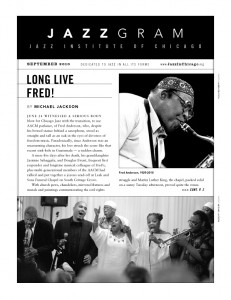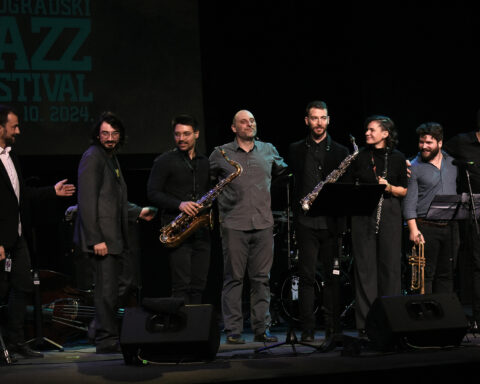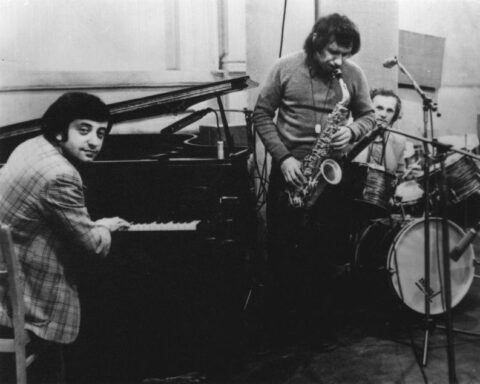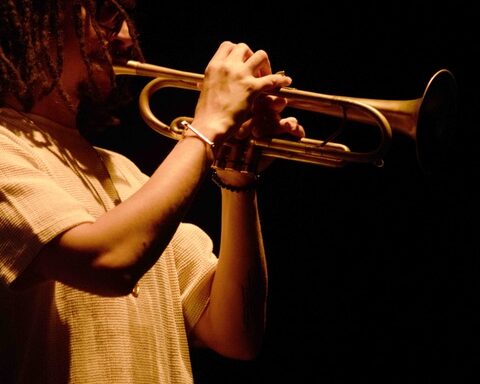
In 2006, the late Sue Markle moved out of Chicago and decided to resign as editor of the JazzGram, the newsletter of the Jazz Institute of Chicago (JIC), whose mission is to promote jazz in all of its forms. After two years spent as a JIC board member and a few more as a JazzGram contributor, I was offered the job. I knew what the challenges were, and I’d been warned by others about what a thankless job it would be.
One of my first goals was to generate content. Because the JazzGram is only eight pages long, including a two-page music calendar, one might think it could be filled quite easily, but this couldn’t be further from the truth. Because the JazzGram to that point had constantly relied on volunteer contributions, Sue Markle had not been in a position to establish an editorial line (outside of maintaining the single focus of the JazzGram on Chicago jazz) or to guarantee a sufficient and constant flow of articles. I therefore decided to address this issue first.
For starters, I launched an editor’s column that had to walk a fine line between being thought-provoking without being too polemical. Then I devised a standard short interview consisting of five questions that I started to send to local musicians. Finally, I secured the rights to reproduce CD reviews from a few national magazines.
These decisions pretty quickly took care of the problem, but the reliance on volunteer contributions was still too high. The next move was to convince the JIC board to give me a budget for writers. (Photographers are now also compensated.) This was approved and has allowed me to more easily manage the content to the point where I can today turn down ideas or articles.
At this stage, some issues remain. One is getting a more balanced coverage of the different jazz styles performed in Chicago. I have been accused of overly showcasing the more progressive or avant-garde contingent of Chicago jazz musicians. Another is to encourage writers and potential contributors to preview rather than to review concerts. In this area, the only major success has been the preview of the Chicago Jazz Festival, an event programmed by the JIC, that started with the 2007 edition. This has led to the production of a 12-page August issue (it reached 16 pages this year), printed in larger quantities for distribution on the festival grounds. The design work of Jon Resh has proven invaluable all around.
It should be noted that the JazzGram has always been a vehicle to promote JIC events. In addition, following the recruitment of a Development and Marketing manager in the summer of 2009, it now also serves as a means to recognize volunteers and donors.
Moving forward, the objectives are to create a synergy with the JIC website (www.jazzinchicago.org); to increase digital distribution (although an impressively large contingent of JIC members still prefer to receive a hard copy through the mail); and to increase distribution in general, while maintaining the JazzGram’s perk status for JIC members. We’re also planning to create an archive on the JIC website.
Despite the constant challenges, it has been rewarding to see the newsletter evolve and improve with quality design and writing.





